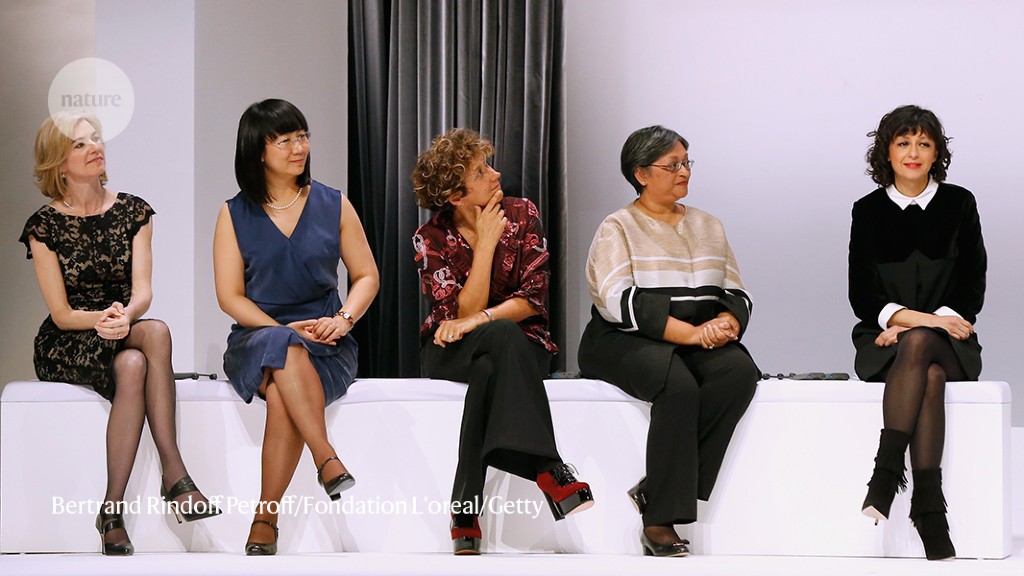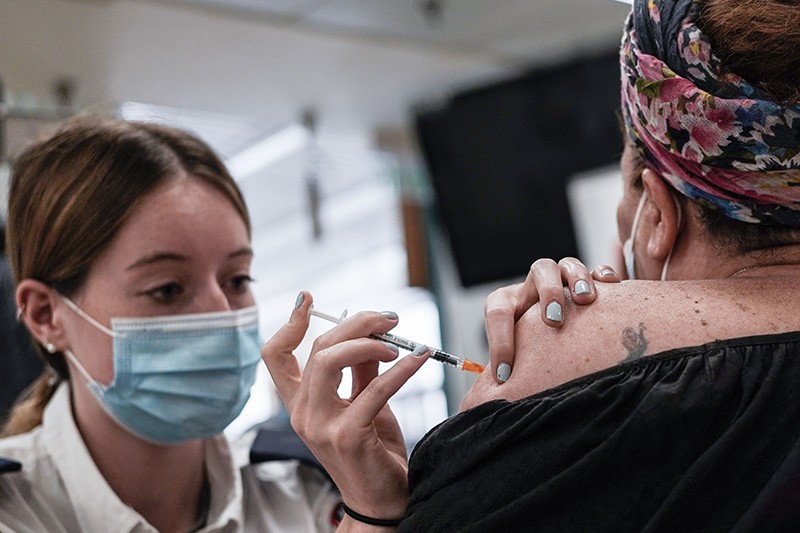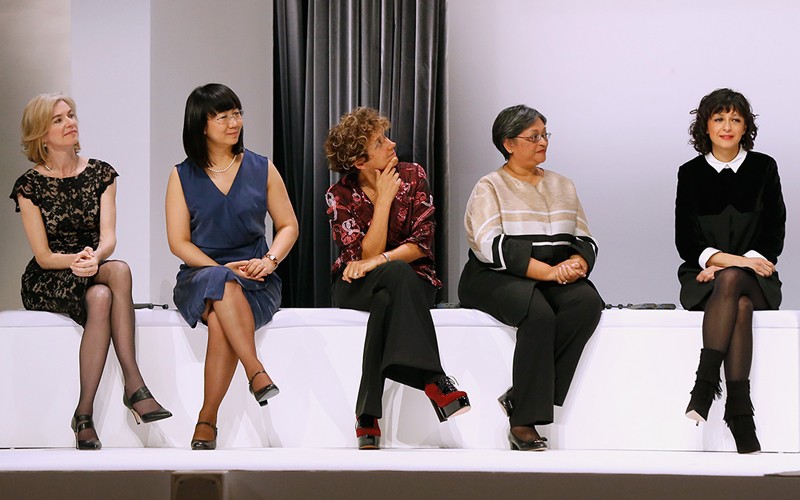[ad_1]
Australian backflip on preprint ban
Australia’s leading research funding body has reversed a rule banning the mention of preprints in grant applications.
The policy adjustment by the Australian Research Council (ARC) comes four weeks after an anonymous researcher behind the ARC Tracker account on Twitter revealed that dozens of applications for early career funding programs had been turned down for have cited preprints.
Announcing the turnaround in a Sept. 14 statement, the funder said the decision “reflects contemporary trends and the emerging importance of the acceptance and use of preprinting in several research disciplines as a mechanism to accelerate the research”.
According to the statement, future grant applications will not be ruled out for citation or inclusion of preprints – but the change will not automatically apply to applications that have been found ineligible or are currently under review.
Some researchers welcome the reversal, but others say the move doesn’t go far enough. Nick Enfield, an anthropologist at the University of Sydney, applauds the decision but finds it “regrettable that the eligibility decisions have not been overturned”.
COVID vaccine booster shows promise
Older Israelis who have received a third dose of a COVID-19 vaccine are much less likely to test positive for SARS-CoV-2 or develop severe COVID-19 than those who have only had two injections, according to a long-awaited study published on September 15 (YM Bar-On et al. N. Engl. J. Med. https://doi.org/gmtzb3; 2021).
The study evaluated 1.1 million Israelis over the age of 60 who had received their first two doses at least five months earlier. Twelve days or more after receiving a third jab, participants were about 19.5 times less likely to have severe COVID-19 than people in the same age group who had only received two jabs and were studied for a similar period.
“This is a very solid result,” says Susan Ellenberg, a biostatistician at the University of Pennsylvania in Philadelphia, who adds that the data may be the strongest she has seen in favor of boosters. But potential biases in the data leave some scientists unconvinced that boosters are needed for all populations – and the data does not allay concerns about vaccine fairness as billions of people still await their first vaccine.
Women are less likely to win major research awards
The share of women in research excellence awards is increasing, but still below the proportion of professorships held by women, according to an analysis of 141 leading scientific prizes awarded over the past two decades .
Lokman Meho, a computer scientist at the American University of Beirut, examined whether gains in teaching positions for women translated into rewards honoring their work (LI Meho As to. Sci. Standard. https://doi.org/gwdn; 2021).
Her findings show a narrowing but persisting gender gap at the highest levels of rewards (see “Closing the Gap”).
Hans Petter Graver, jurist and president of the Norwegian Academy of Sciences and Letters in Oslo, which administers the Abel and Kavli prizes, says the results send “a signal to institutions that award prestigious science prizes to do more for diversity “.
Women have comparable publication and citation rates to men, but tend to have shorter careers and publish fewer articles as first or last author, other studies show.
In his analysis, Meho identified 141 very prestigious international prizes – including the Nobel Prizes, the Fields Medal for Mathematics and the Robert Koch Prize for Biomedical Sciences – awarded to 2,011 men and 262 women between 2001 and 2020. He grouped together the recipients in five years. intervals.
The results show that the number of awards honoring women scientists has increased over the past 20 years, but women are still under-represented. “We are moving in the right direction, albeit slowly,†Meho says.
While the study did not examine the causes of gender bias, it argues that women do not receive less prizes because of the quality or quantity of their research.
Instead, he attributes this to an implicit bias, coupled with a lack of proactive efforts to address inequalities in science.
About two-thirds of the 141 awards recognized women at some point between 2016 and 2020, up from 30% of the 111 awards offered in 2001-05. The average share of prizes for women, including all recipients, was around 20% in 2016-2020.
However, this did not reach the proportion of teaching positions held by women during the same period, Meho found.
[ad_2]



